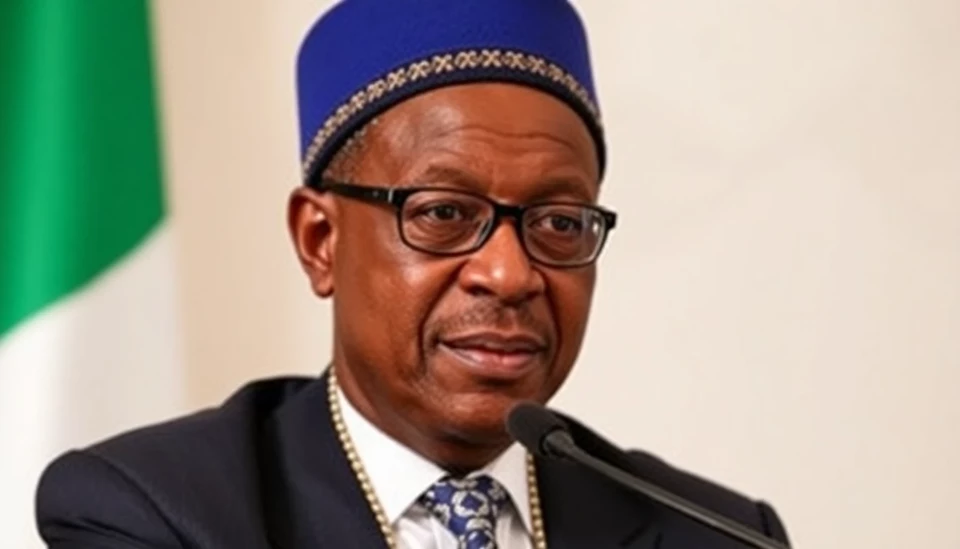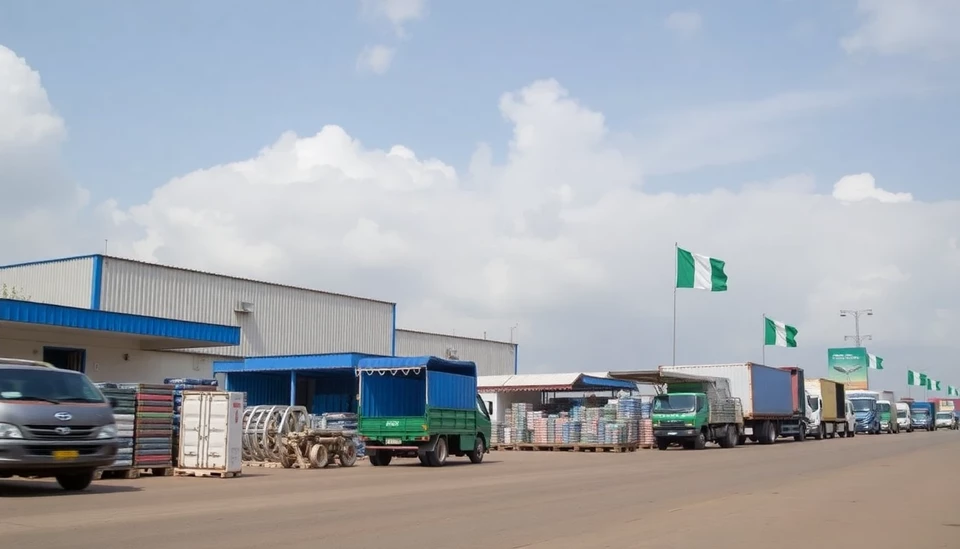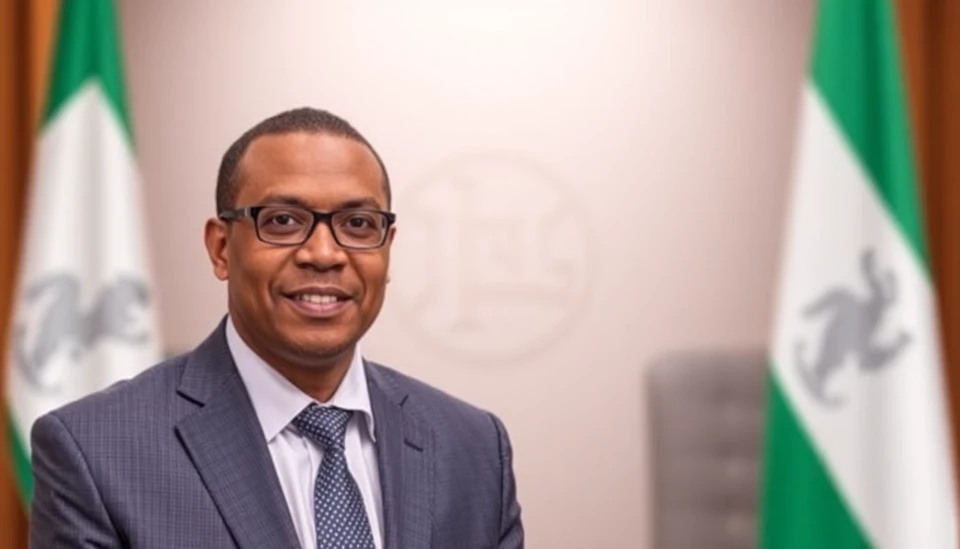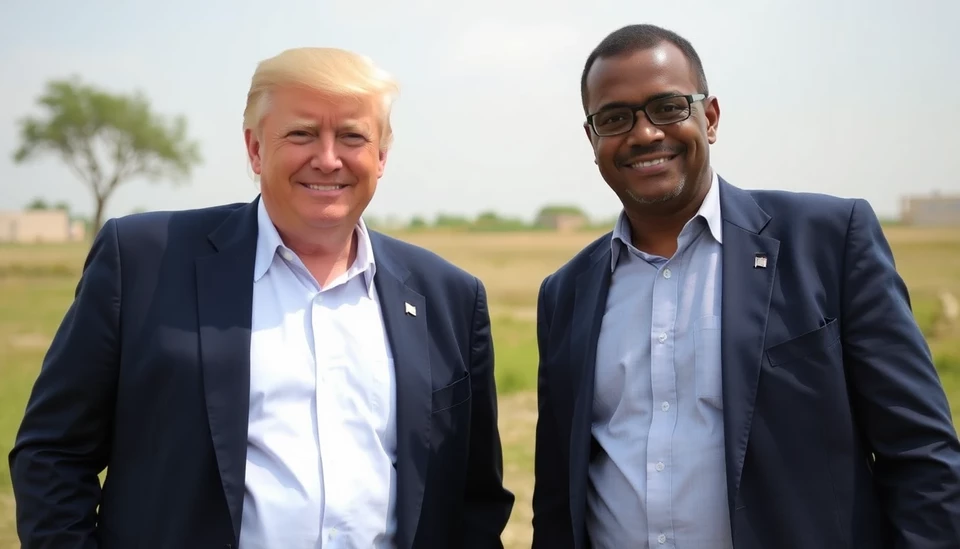
In a significant turn of events for Nigeria's telecommunications industry, the government has reached an agreement to implement a staggering 50% increase in prices for telecom services. This decision comes after intense lobbying from industry stakeholders and service providers who argued that such adjustments were necessary to ensure sustainability and improve service quality.
The Nigerian Communications Commission (NCC) announced this decision on January 20, 2025, detailing that the new pricing structure is set to take effect within the coming months. This increase has raised eyebrows among consumers who are already grappling with a high cost of living, and it poses potential challenges for greater accessibility to telecommunication services among the country’s populous.
Telecom companies such as MTN Nigeria, Airtel, and Glo had been advocating for an upward adjustment in prices since the current pricing strategy has reportedly hindered their ability to invest in infrastructure and technology. These companies argue that the costs associated with maintaining networks, complying with regulatory requirements, and providing quality services have surged in recent years, compelling them to seek government intervention for a price revision.
This change is not without controversy. Consumer advocacy groups have voiced concerns that such a large hike will disproportionately affect lower-income households, stifling digital inclusion in a country where mobile technology serves as a primary access point to the internet and various services. There is a palpable fear that as prices rise, more Nigerians could be pushed out of the digital economy, rather than being brought into it.
Nigeria’s telecom market, once heralded as one of the fastest-growing in Africa, faces a multifaceted array of challenges—from rising operational costs and outdated infrastructure to increasing competition and regulatory hurdles. Many analysts believe that this price hike could serve as a double-edged sword, potentially improving service quality but also alienating a significant portion of the customer base.
In the wake of this announcement, there are discussions about the long-term impact on users and the market as a whole. Industry experts highlight that while telecom operators may benefit in the short term, there is a need for strategic planning to ensure they do not overburden their customers or risk losing market share to emerging companies that might offer competitive pricing.
As the telecommunications sector evolves, it will be critical for both the government and stakeholders to consider the broader implications of pricing strategies and strive for a balance between profitability and user affordability. The voices of consumers will play a crucial role in shaping the future dynamics of the telecom market in Nigeria.
This new pricing policy marks a pivotal moment in Nigeria's journey towards becoming a telecommunications hub in Africa. The successful implementation of this strategy could lead to improved services, but companies must tread carefully to avoid alienating their consumer base amidst economic challenges.
The coming months will undoubtedly reveal how these changes affect both the telecom landscape and consumers in Nigeria as everyone watches closely for the domino effects of this significant price adjustment.
#Nigeria #Telecom #PriceHike #GovernmentPolicy #ConsumerAdvocacy #MarketTrends #MobileServices
Author: Samuel Brooks




